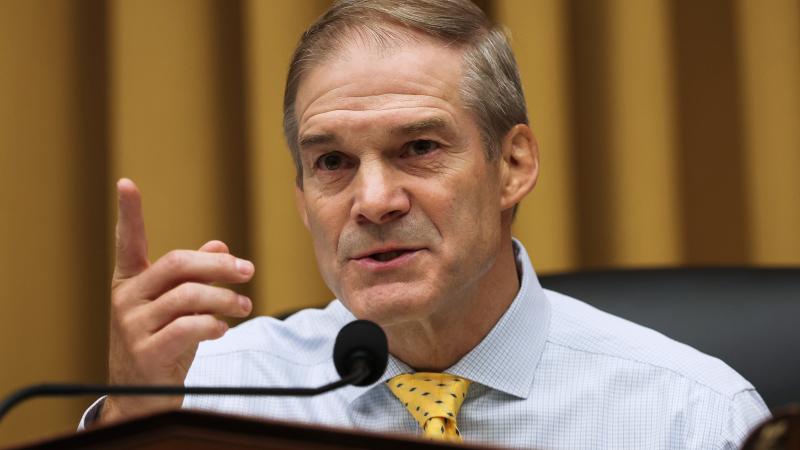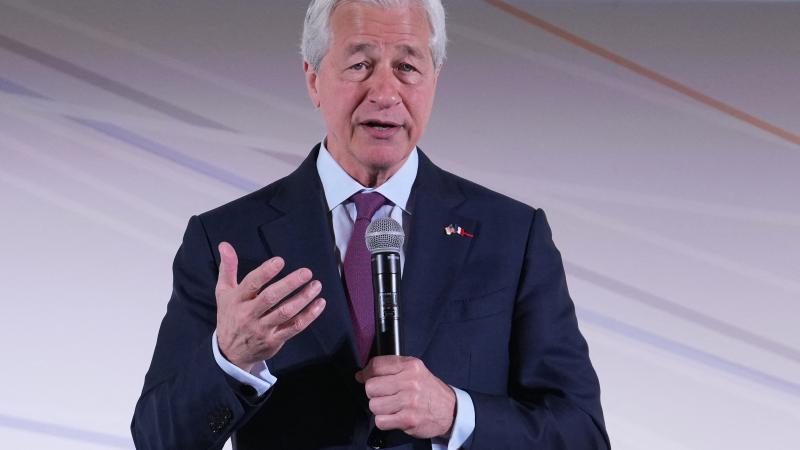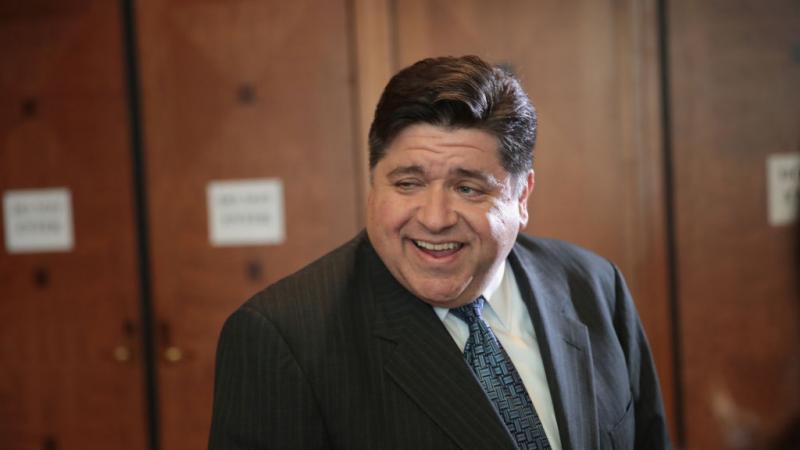House Judiciary Chairman Jordan, panel members visit Europe over free speech concerns
"Nothing we heard in Europe eased our concerns about the Digital Services Act, Digital Markets Act, or Online Safety Act," House Judiciary Committee Chairman Jim Jordan said
House Judiciary Committee Chairman Jim Jordan and other panel members visited Europe over free speech concerns.
The committee members traveled to Brussels, Belgium; London, United Kingdom; and Dublin, Ireland, to meet with European Union and UK government officials, U.S. companies, free speech advocates, and other stakeholders.
"Nothing we heard in Europe eased our concerns about the Digital Services Act, Digital Markets Act, or Online Safety Act," Jordan said in a statement on Monday. "These sweeping regulations create a serious chilling effect on free expression and threaten the First Amendment rights of American citizens and companies.
"We absolutely need to protect children and keep harmful, illegal content off these platforms—but when governments or bureaucracies suppress speech in the name of safety or regulation, it sets a dangerous precedent that threatens the core of Western democratic values."
Administrative State, Regulatory Reform, and Antitrust Subcommittee Chairman Scott Fitzgerald said, "America innovates, China replicates, then Europe regulates. That was a recurring theme in just about every meeting we had during this CODEL. American companies based in Europe are frustrated, but we were able to gather a lot of valuable information and feedback."
"It’s critical that we stay aligned with our European allies on protecting free speech," Rep. Kevin Kiley, R-Calif., said. "Unfortunately, Europe has veered off course—and to be frank, the United States did too in recent years under the Biden Administration. But thanks to the work of the Judiciary Committee, we’ve made real progress, and we’re here to help ensure that progress extends beyond our borders."
"I’m also deeply concerned about how laws like the Digital Markets Act are being weaponized against American companies—many of them based in California," Kiley continued. "This kind of overreach doesn’t just burden innovation; it effectively shifts wealth from the U.S. to Europe. That’s not something we can ignore, and it should be front and center in future U.S.–EU negotiations. We’re going to make sure the administration hears that loud and clear."
According to an interim staff report released by the House Judiciary Committee last month, the EU is secretly leaning on tech platforms to censor routine political speech and even jokes as a legal obligation under its Digital Services Act.
Jordan said it was prompted by then-EU Commissioner for Internal Market Thierry Breton's threat against X last summer, later disavowed by the European Commission, that owner Elon Musk's scheduled livestream with then-presidential candidate Donald Trump might constitute "illegal content" under the DSA.
Though Breton resigned "under pressure from EU President Ursula von der Leyen" after Jordan demanded a briefing from Breton on his threats, his successor, Henna Virkkunen, "remains strongly supportive of the DSA’s censorship provisions and continues to enforce them against American companies," the report says.
"Camouflaged as a regulation to increase online safety," the DSA lets European regulators "suppress speech globally" by threatening fines up to 6% of global revenue against platforms, based anywhere, that refuse to censor "humor, satire, and core political speech" that offends bureaucrats and align content moderation with EC preferences, per the report.
The law empowers them to "temporarily shut down platforms within the EU" if "extraordinary circumstances lead to a serious threat to public security or public health in the Union."














